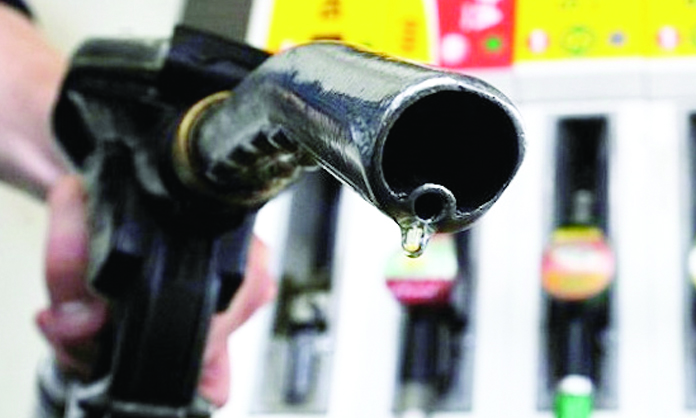Economist Omu Kakujaha-Matundu says consumers’ cost-of-living crisis is expected to worsen, following steep price hikes in both petrol and diesel.
Businesses too will suffer from higher production costs, he says.
This comes as the Ministry of Mines and Energy yesterday announced that the petrol price would increase by N$1,52 and both diesel prices by 72 cents today.
This means that at Walvis Bay, the new prices will be N$ 22,30 per litre for petrol, N$ 21,77 per litre for diesel 50 ppm, and N$ 21,97 per litre for diesel 10 ppm.
Prices in other regions will be adjusted accordingly.
Economist Salomo Hei yesterday said this would lead to an increase in the cost of living, transportation costs and increase the import cost of essential commodities.
“What it means is that the basket of our essential commodities will cost us more. It will also mean inflation stays higher,” Hei said.
Kakujaha-Matundu said for motorists and consumers of goods and services, the cost increase would be due to increased transportation costs.
“No one is spared by the fuel price increase,” he said.
Independent economist Joseph Sheehama said the rising fuel prices would trigger inflation and stifle the growth of the economy.
“Furthermore, increases in oil prices can depress the supply of other goods, because they increase the cost of production. Oil price increases are generally thought to increase inflation and reduce economic growth.
“A rise in prices impacts the current account deficit, which means the value of imported goods and services exceeds those of exports,” he said.
Sheehama said as prices increase, oil prices will continue to push up prices at the pump for consumers and add to inflation.
“Therefore, the inflation rate will add to the pressure on the Bank of Namibia to consider increasing interest rates to cool the economy,” he said.
“The National Energy Fund will absorb the remaining under-recoveries. The ministry wishes to highlight that Namibia as an oil importing country is exposed to developments in international oil market prices,” the Ministry of Mines and Energy said in a statement yesterday.
This is the first fuel price increase for the year.
Research analyst Angelique Bock yesterday said the price hike was expected because Brent crude spot prices improved to levels it struggled to see last year.
She said these higher prices are filtering through to Namibia.
“The price of Brent increased by 11,6%, while the rand depreciated by 2,2%,” Bock said.
She said the challenge for consumers is twofold as they not only face higher prices for petrol, but many of the products they rely on are transported via trucks or ships.
“These increased costs trickle down to consumers as retailers are unwilling to compromise their profit margins. South Africa, where the majority of Namibia’s food and other products are imported from, has announced higher fuel prices too.
“And another factor we should consider is that electricity prices move with increased fuel levels too. We can expect consumers to be slightly more financially constrained by this,” Bock said.
Stay informed with The Namibian – your source for credible journalism. Get in-depth reporting and opinions for
only N$85 a month. Invest in journalism, invest in democracy –
Subscribe Now!



Leave a Reply